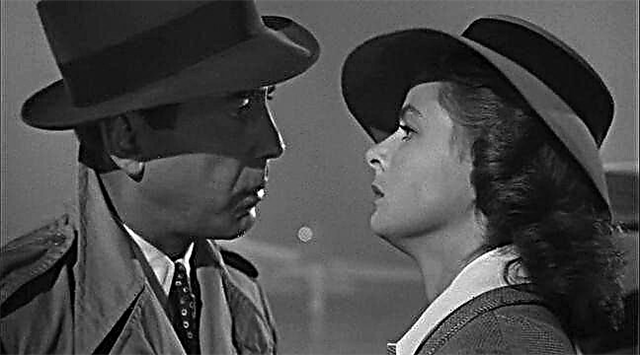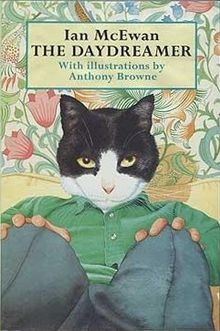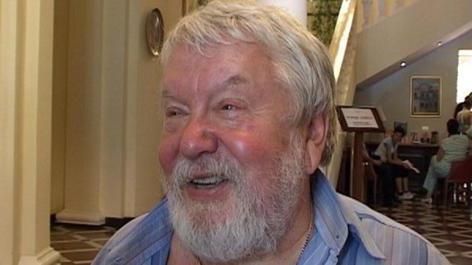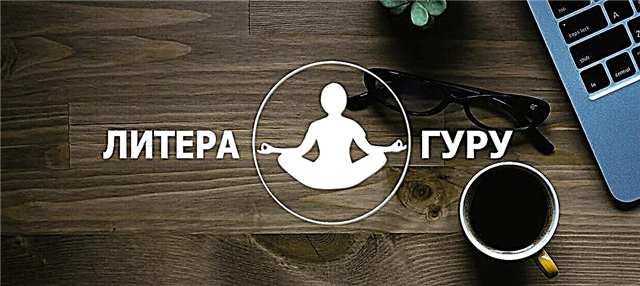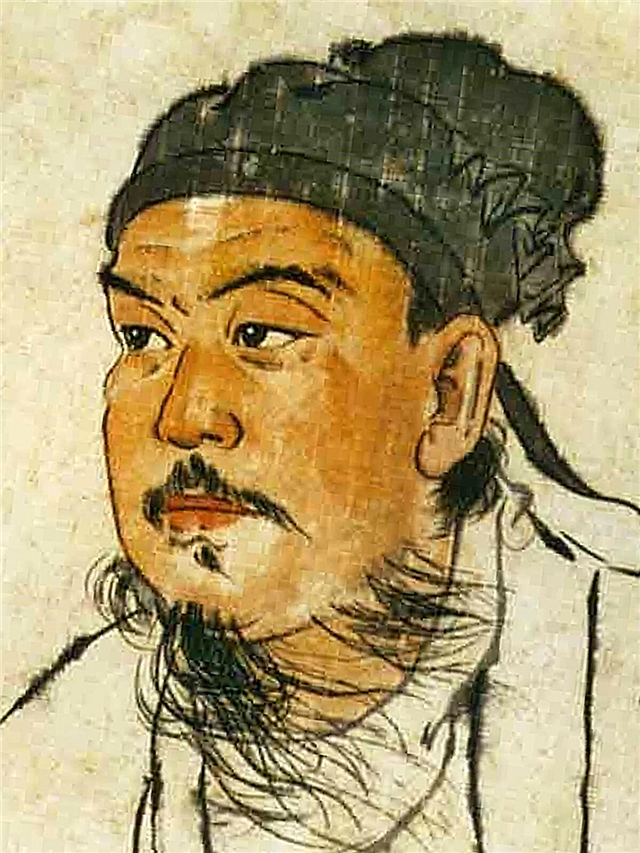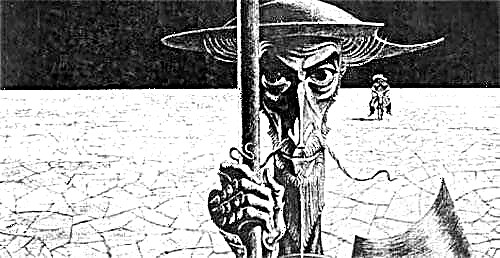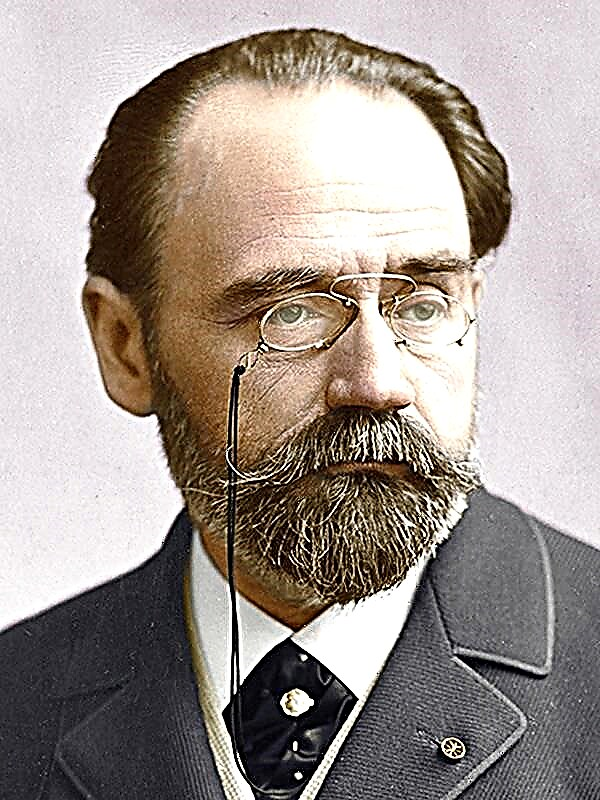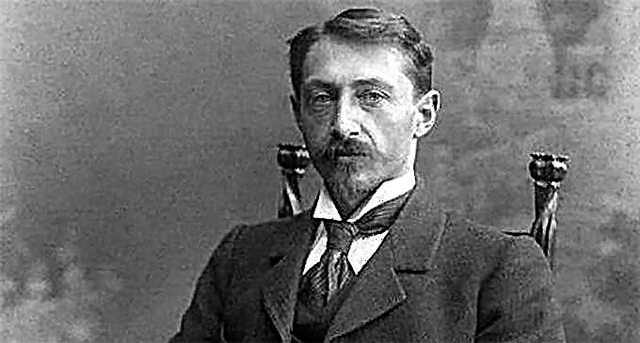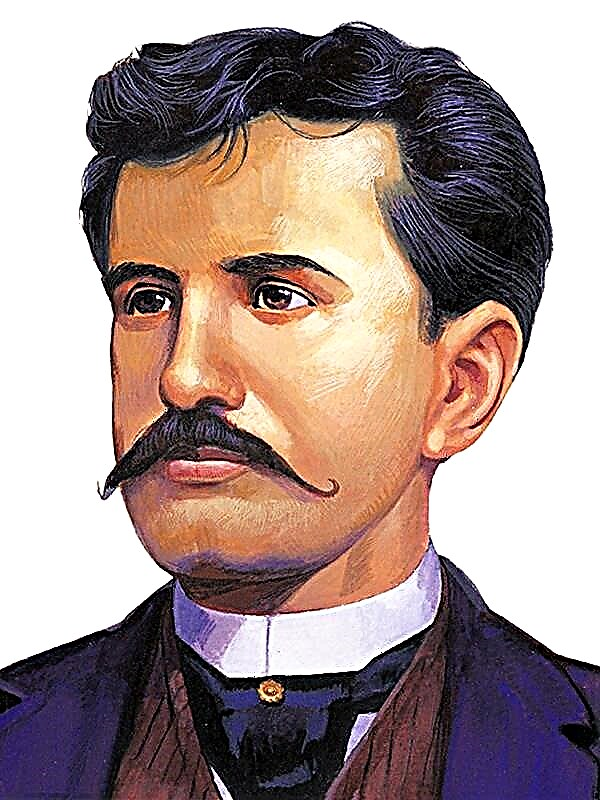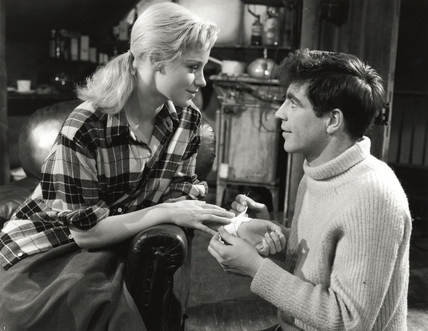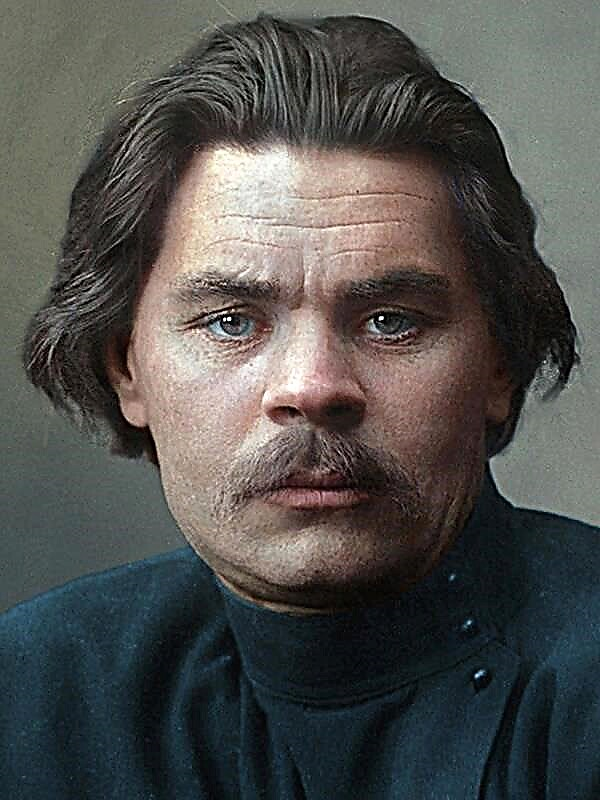The relationship between the “old” and the “new” generation is a topic that almost all classics of literature touch upon in their works, and L. Tolstoy was no exception. In War and Peace, one can trace a whole chain of children becoming under the auspices of their fathers, starting from a very young age and ending with the last minutes of life.
- The Rostov family is the ideal of Tolstoy, in which he embodied all moral characteristics. Count Rostov is a simple-hearted and generous man who is ready to help his children, no matter what: he repaid the card debt of his son without reproach and even satisfied the desire of the youngest child to go to war. Thanks to this, relations between children and parents are built on mutual respect and trust, manifested in a desire to help each other and accept each person’s choice. For example, it is interesting to trace the development of the love triangle between Natasha Rostova, Andrey Bolkonsky and brother Helen Kuragin - Anatole. The Rostov family has an unspoken rule: “Do as your heart tells you” - this is the principle that all family members adhere to. Therefore, Natasha is condemned only because she was going to leave her parents and run away, and not because she chose another man. Nikolai Rostov, for example, left a prestigious university to go to war - this is where he sees his main mission. Parents also did not argue, respecting the will of the young man. This is an ideal relationship between fathers and children, where harmony reigns based on mutual respect.
- The family of Andrei Nikolaevich Bolkonsky is an example of the Russian intelligentsia, which combines all its signs: nobility, wealth, influence and severity of morals. Prince Nikolai Bolkonsky considers himself “the first”, and therefore the main thing - the fate of his children: Andrei and Maria, depends on his decision. And if Andrei in every possible way tries to separate from his father, then Princess Mary got used to her life under the auspices of a home tyrant. It is the princess who in the majority suffers from the egoism of her father and his constant nit-picking for herself: he does not see "worthy" people for his exceptional children, and therefore destroys their right to their own family. Brother and sister seem closed to readers and unable to open their souls - this is a prejudice: they hide their true feelings only because their father raised them like that. Thus, the fate of the child depends on parenting, so the mistakes of the older generation are always reflected in youth.
- Anatole and Helen Kuraginy belong to the family known in St. Petersburg, the head of which is Prince Vasily Kuragin. Senior Kuragin is a cynical, vile and cunning person who, despite these qualities, takes care of his children, trying to “attach” them to the most successful people. Anatole - to serve in the regiment, and Helen - to the rich "suitors". Thanks to the upbringing of a man like Vasily, both Helen and Anatole grew up dishonest and vile people, ready to do anything for their own happiness, despite the misfortune of others. The Kuragin family is a collective image of all that the author condemns in the nobility. For the sake of material prosperity, heroes need nothing to destroy a family - the foundation of society and the state. Obviously, bad behavior will be inherited, and the only way to stop this is through public control over the formation of youth.
- A minor hero in War and Peace is the old Count Kirill Bezukhov, who has an illegitimate son, Pierre. Readers know almost nothing about the life of the count, except that he was very rich - it was this property and the title that Pierre received after the death of his father. Many noble families participate in the struggle for his inheritance, and only Pierre is indifferent to everything: he sincerely suffers from the death of a loved one who loved him very much. It is the compassion and love that Pierre possesses that makes him truly rich - this is a kind of “inheritance” that he received from his father, who is liberal about his serfs. Obviously, the role of fathers in shaping the younger generation cannot be underestimated. They are responsible for what the country expects in the future. And for their positive contribution to raising new people, they are worthy of respect.
- The vibrant noble family of the Drubetskoys is considered one of the “smallest” families in terms of the number of people, but “large” in importance. Princess Anna Drubetskaya is a widow whose only “joy” is her son, Boris. The princess’s character was completely transferred to her heir: Boris is just as prudent, cunning and practical, and therefore dangerous, because in order to achieve his own goals he is ready to engage in intrigue and humiliation. And if Anna Drubetskaya "begs" for a good position for her son, forgetting about her own pride, then Boris will marry the ugly Julia Kuraginoy for her own wealth and position. Obviously, the child takes an example from the parents, therefore, the vices of the father and mother are reflected in it. He can get rid of a bad inheritance, but often people prefer to go with the flow and not change anything in themselves.

